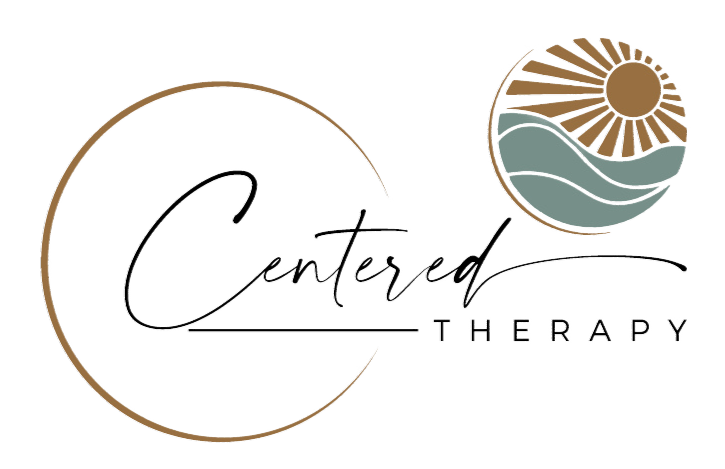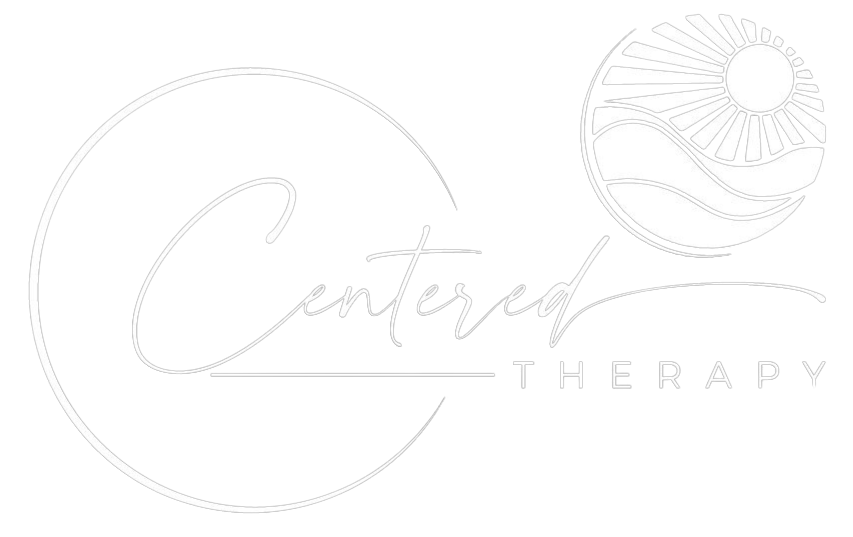Veterans and Military Mental Health Services
Mental health services for veterans and military personnel are crucial due to the unique challenges and traumatic experiences associated with military service. These individuals are often at a higher risk of developing mental health conditions such as Post-Traumatic Stress Disorder (PTSD), Depression, Anxiety, and traumatic brain injuries (TBI) due to their exposure to combat and the stressful nature of their duties. Therefore, it’s essential to have mental health professionals who are well-versed in understanding and treating the specific forms of trauma that military members face.
A significant barrier to accessing these services is the stigma surrounding mental health issues and help-seeking behavior. Many veterans are conditioned not to ask for help and to suppress their emotions, viewing it as a sign of weakness. This stigma can prevent them from seeking the necessary care and support, exacerbating their mental health issues.
Access to specialized mental health care is vital for facilitating their reintegration into civilian life and improving their overall well-being. Additionally, the stress of military life can strain relationships, making marriage counseling and couples therapy significant for military and veteran families. These services help address and mitigate relationship issues, providing the necessary support to strengthen family bonds.
The veteran population includes a significant percentage of minorities, who are often at higher risk for the mental health conditions mentioned, as well as challenges related to employment opportunities. These factors can further impact their mental health, making it even more critical to provide accessible and culturally competent mental health services.
Mental Health Statistics for Veterans and Military
Over 6% of the US population has served or is currently serving in the military. Notably, this number also does not consider the significant number of relatives affected by military service. The mental health of veterans and service members has become a significant concern following prolonged periods of military engagement. The most common mental health issues identified are PTSD and Depression, with studies showing that a substantial percentage of service members experience these conditions. A JAMA psychiatry study found that the rate of post-traumatic stress is up to 15 times higher among veterans than among civilians. These mental health challenges, along with suicide, traumatic brain injury (TBI), Substance Use Disorder (SUD), and interpersonal violence, are prevalent among those who have served in the military.
According to the 2023 National Veteran Suicide Prevention Annual Report, the suicide rate among veterans is 1.5 times higher than the general population. Substance Use Disorders also present a significant challenge within the military community, with alcohol use often linked to suicides and high-risk behaviors.
Therapy and Counseling for Veterans and Military
For veterans and military personnel, a range of therapies has proven effective in addressing the unique mental health challenges they face. Cognitive Behavioral Therapy (CBT) is widely recognized for treating PTSD, Depression, and Anxiety. It helps individuals identify and change negative thought patterns and behaviors, leading to improved emotional regulation and coping strategies.
Exposure Therapy, a subset of CBT, is particularly effective for PTSD, as it gradually exposes individuals to trauma-related memories and stimuli in a controlled environment, helping them process and reduce the distress associated with these memories.
For issues related to substance abuse, Cognitive Behavioral Therapy and Motivational Interviewing are beneficial. These therapies encourage veterans to explore and resolve ambivalence about substance use and to develop a personal motivation for change and recovery.
Family and Couples Therapy are also crucial for veterans and military personnel, addressing the relational strains and communication issues that can arise from military service and deployment. These therapies can strengthen relationships, improve communication, and facilitate better understanding and support among family members.
Group Therapy is another valuable approach, offering veterans a supportive environment where they can share experiences, gain insights, and build camaraderie with peers who understand their struggles. This collective setting can provide a sense of belonging and mutual support, which is particularly beneficial for addressing feelings of isolation and fostering community.
Mindfulness and stress reduction techniques are increasingly incorporated into treatment plans, helping veterans deal with anxiety, stress, and the emotional fallout of their experiences. These approaches foster a sense of calm and presence, aiding in the management of symptoms related to mental health conditions.
Psychiatric Support for Veterans and Military
Veterans and military personnel often require specialized psychiatric support in addition to therapy and counseling to address mental health conditions like Depression, Anxiety, TBI and PTSD. A psychiatrist can conduct a thorough psychiatric evaluation to diagnose these conditions accurately and develop a comprehensive treatment plan. Medication management is a key aspect of this support, with psychiatrists prescribing antidepressants, anti-anxiety medications, and mood stabilizers to alleviate symptoms. For those with PTSD, SSRIs and SNRIs are commonly used.
Innovative treatments, such as ketamine infusions, offer new hope for individuals with treatment-resistant depression or severe PTSD, providing rapid symptom relief in some cases. Additionally, Eye Movement Desensitization and Reprocessing (EMDR) therapy, guided by a psychiatrist or trained professional, can be effective in treating PTSD by helping patients process traumatic memories through structured eye movements.
The role of a psychiatrist is crucial in ensuring that veterans receive tailored, effective treatment for their specific mental health needs, combining medication management and advanced therapeutic techniques like ketamine and EMDR


